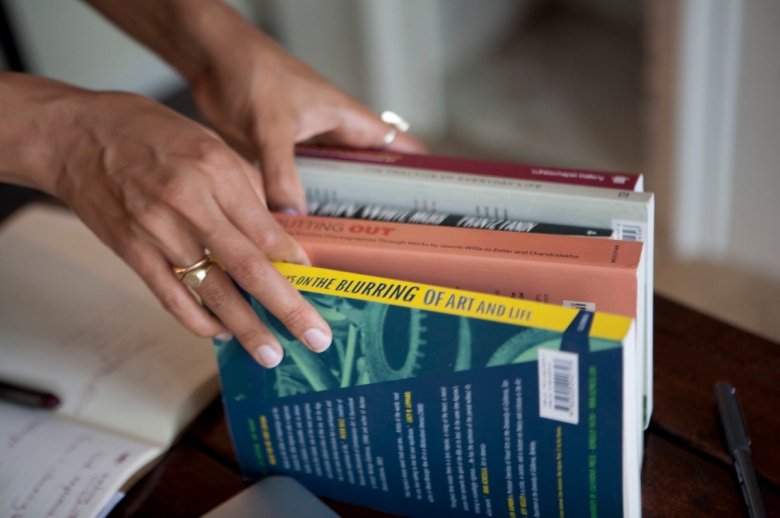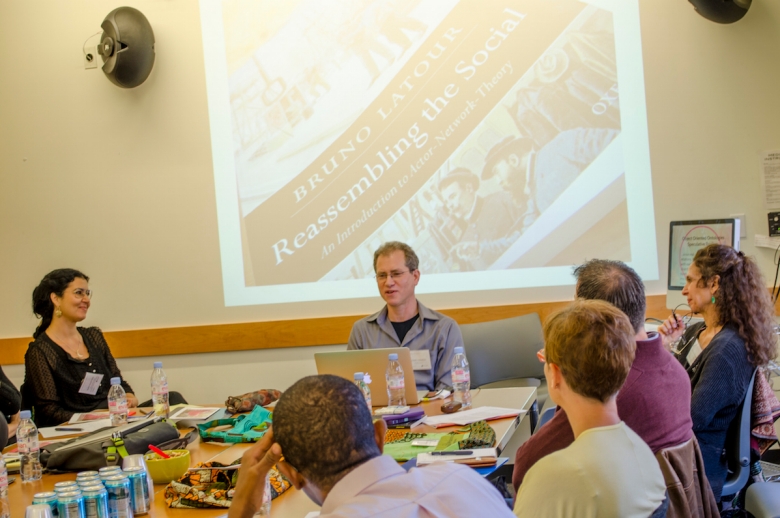Deborah A. Kapchan
Professor Emerita

Deborah Kapchan is a writer as well as a translator of North African poetry and ritual A Guggenheim fellow, she is the author of six books as well as numerous essays and translations. Her first book Gender on the Market: Moroccan Women and the Revoicing of Tradition was a Choice “best academic book of the year,” while her volume, Poetic Justice: An Anthology of Moroccan Contemporary Poetry, was shortlisted for ALTA’s National Translation Prize for Poetry in 2021. Taking Leave, a memoir about her relation to the three religions of the book, was published in 2025. She is currently writing a book entitled Listening to Bergman’s Library, about an island in the Baltic Sea, its landscape, ghosts and history.




